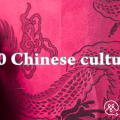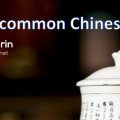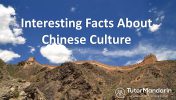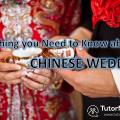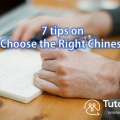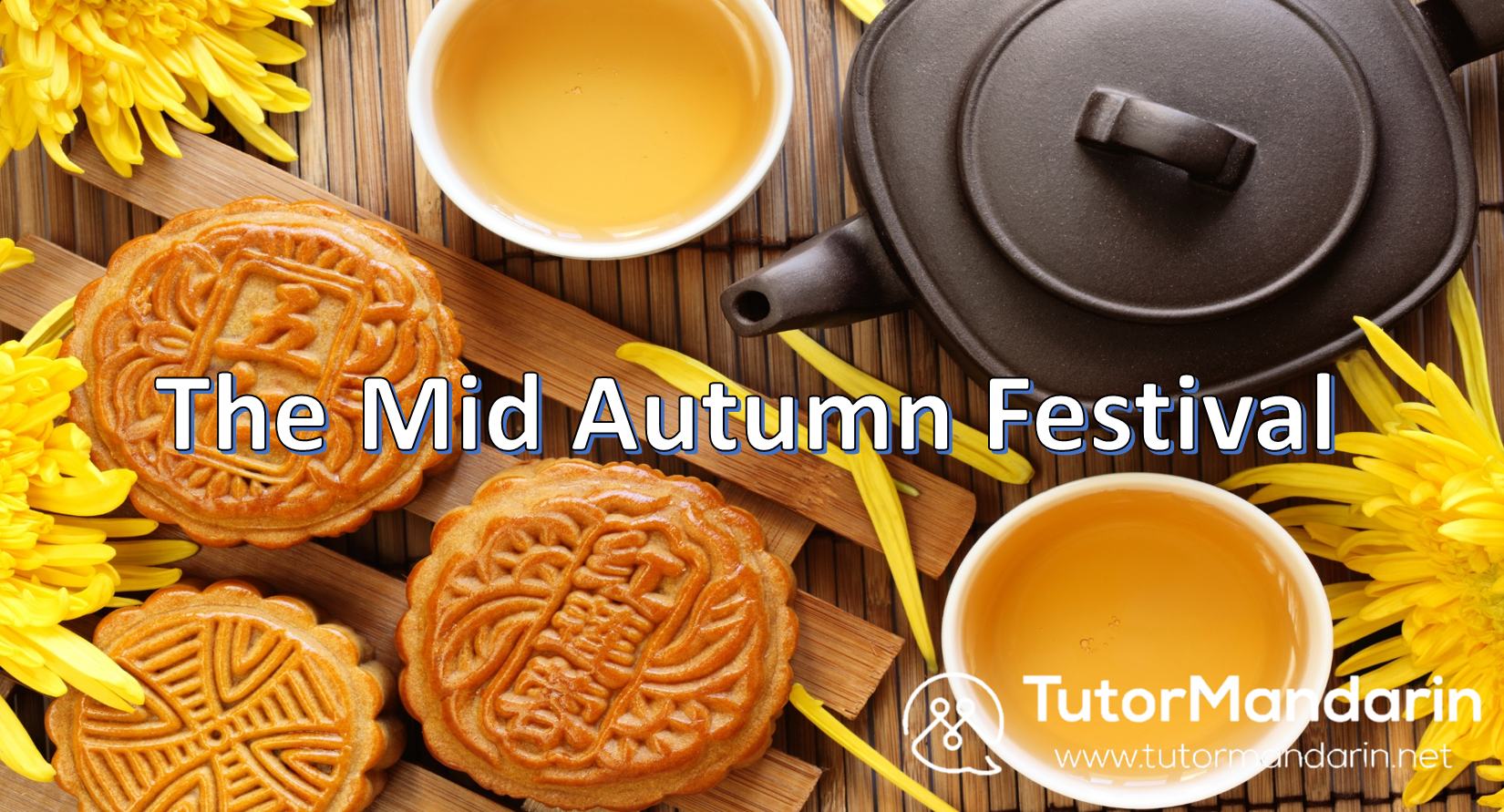
The Mid-autumn festival ( the moon festival )
Contents
Chinese Mid-Autumn festival ( the Moon Festival )
Chinese mid-autumn festival (中秋节, Zhōngqiū jié) is the second biggest festival a the Chinese New Year. It is held on the 15th of August according to the Chinese Lunar calendar. Lasting 3 to 7 days, depending on the year and where it falls in the calendar. In China and the surrounding regions, people get a day off for the festival if it falls on weekdays. Other countries have different ways of celebrating that that may not grant a festival day. There are many legends behind the Mid-Autumn festival but the most popular one is surrounded by romance, sacrifice, and honor.
Chinese Moon Festival Legend
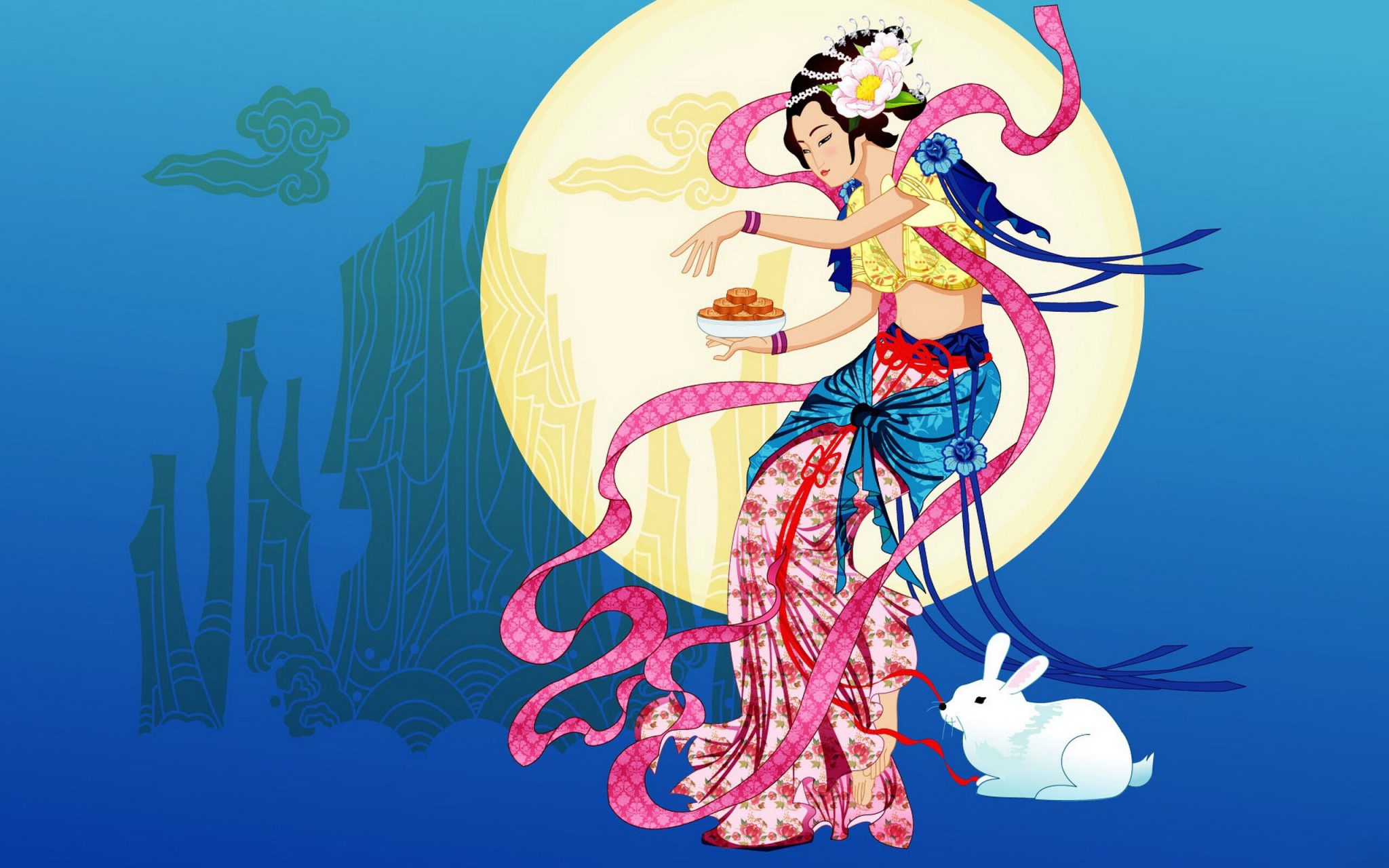
Chang E ( the moon goddess )
The story is beautiful, romantic and inspirational. It starts with a young woman named Chang E (嫦娥, Cháng’é). She was an immortal who was cast down to earth to live in a poor farm family. At that time, there were 10 suns in the sky that kept getting hotter and hotter. Chang E became friends with a young hunter from the village named Hou Yi. Chang E convinced the young hunter that he was the strongest and bravest archer around so that he would shot down 9 of the 10 suns in order to save his village.
After doing so, the two married and became king and queen. Obsessed with immortality, Hou Yi ordered to concoct an elixir. It was a pill and Chang E swallowed it either accidentally or purposefully and fled. Her angry husband attempted to shoot her down as she floated to the moon where she stayed and lived the rest of her life. She is also the Goddess of the Moon. She and her husband, Hou Yi are also part of the reason for the Ying and Yang of Chinese culture facts because her husband eventually settled into life on the sun.
There’s another version of the story that Hou Yi didn’t go astray after he became a king. And Hou Yi asked for the elixir because he wanted to live with his beloved wife Chang E forever. In fact, when Chinese children are told the stories about Hou Yi, most of them heard of “Hou Yi is a good man who loves his wife so much” version. There are a total of four famous myths about Chinese mid-autumn festival that Chinese children have heard since they are little, including the story of Hou Yi, Chang E, Jade Rabbit and Wu Gang chopping the tree. Read complete four stories in Chinese Mid-Autumn Festival Myths and The Meaning Behind them.
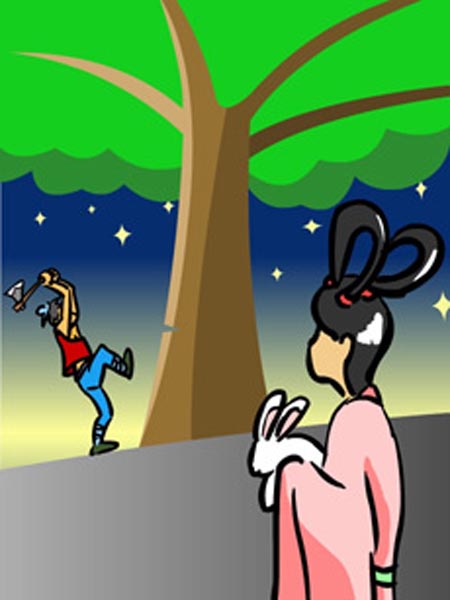
Famous Chinese moon festival legends – Chang E, Jade Rabbit, and Wu Gang
Mid-Autumn Festival Activities
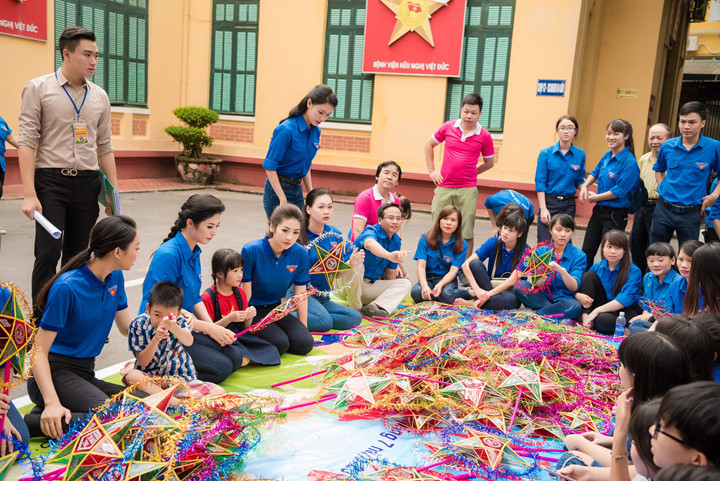 Children making colorful lanterns
Children making colorful lanterns
The moon festival or Mid-Autumn festival surrounds the moon and Chang-E. So, the majority of the activities are focused toward those two things. But some of the activities are family oriented and are meant to be enjoyed at the home around family and friends. The activities are as follows;
- There is a symbol of sacrifice that is made by setting up a feast for the Moon Goddess using mooncakes and other traditional foods.
- Appreciate the moon- this is significant because it symbolizes family reunion.
- The children make colorful lanterns as decorations.
- Making an effort of having a family dinner, is a big part of the festival. The Mid-Autumn/Moon Festival is usually when most families plan a family reunion with distant relatives.
- Giving gifts is a tradition as well as an activity done at the festival. It depends on the region you are celebrating in.
- As it is not just a traditional Chinese festival, the Moon festival is also a public holiday. So many people, not just festival goers travel short distances as a way to make their own traditions by going on a short train ride. They usually sold out the train tickets solid for the 3-day holiday.
- Lastly and most popular among younger people, is shopping during the festival as there are plenty of discounts and sales. You can participate in different activities depending on the region you are celebrating in.
Chinese Mid-Autumn Festival Traditions

Chinese mooncakes
Traditions no matter what country you are from or celebrating in are important to the culture and understanding of a people from different ethnic backgrounds. Following in the Chinese tradition for the Mid-Autumn festival, the major offerings for the sacrificial ceremony are mooncakes. Eating and sacrificing moon cakes tradition started during the Yuan Dynasty. (1271 – 1368 AD) It started as a way to pass messages or notes between leaders and subordinates. They passed out the mooncakes with the messages inside as gifts during the mid-autumn festival. And thus, the tradition began of gift giving and mooncakes. In addition, the more popular mooncake tradition, each region or area that celebrates the festival, hold their own special tradition. For example;
- Southern China children often decorate and play with festival lanterns.
- Hong Kong fire dragon dances are more popular.
- Shanghai people tend to stick with older and more ancient traditions such as moon appreciation. They all go outside to moon gaze while burning incense buckets.
- In Taiwan, besides moon appreciation and eating mooncakes, Taiwanese people eat pomelo (柚子
Yòuzi), and most special, barbecue! Barbecue can be the most iconic and unique mid-autumn activities. Also, children would wear on the skin of the pomelo as a hat just for fun!
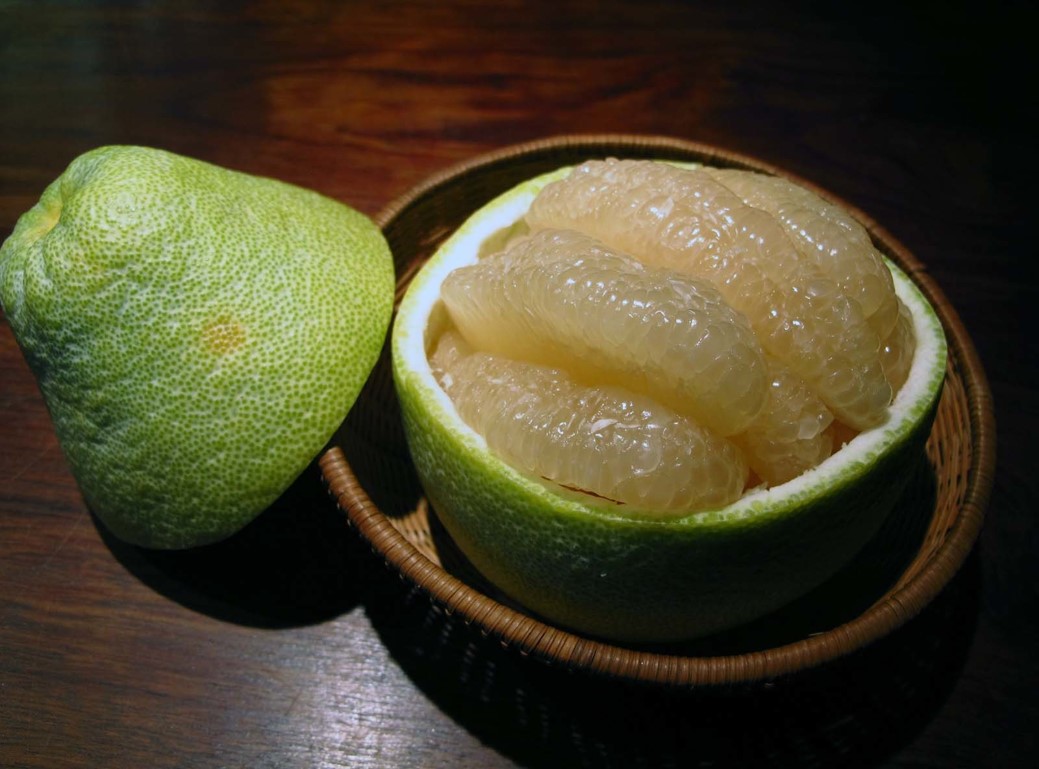
Pomelo is an iconic fruit for the mid-autumn festival in Taiwan.
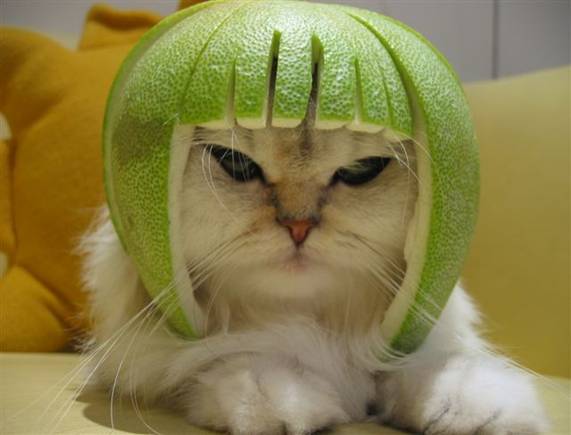
Make your children (or pet) a new hat with the skin of pomelo on the mid-autumn festival!
Attending the Mid-Autumn festival will bring a plethora of tradition and activities that are sure to please the senses. Every region has a unique tradition and Chinese superstitions which are special to them. 2017 This year’s festival begins on Wednesday, October 4, 2017. The festival will be a 7-day event that the people attending will get a 3-day public holiday as well as the weekend to celebrate. This occurs about every 3 years; on the day of the month when the moon is at the brightest and roundest. This symbolizes togetherness and brings families together to celebrate the rice harvest. It’s a good luck, togetherness festival that the whole family can enjoy.
Chinese Food for celebration

Chinese mid-autumn festival feast
Mooncakes are a staple at the Mid-Autumn festival. Every home celebrating uses them as a sacrifice to the moon in honor of the festival. Traditional mooncakes are little round cakes.You can even make them from scratch or buy from a bakery. They have a filling that varies from an egg yolk filling to berries and nuts. They are delicious and also have lots of calories. A dessert many Chinese families in China look forward to. On top of the mooncakes, there are also a lot of other variety of food at a Moon Festival.
Some of the most common and favorite are;
- Soy-braised Fall Mushrooms with chestnuts
- Steamed Crab with Chinkiang Vinegar and Ginger
- Shanghainese Sticky Red-cooked Pork Belly
- Stir-Fried Bok Choy
- Red Dates with War, Osmanthus (flower) Blossom Syrup which is usually a feast. The feast setting is usually on a table under the direct moonlight or if it is cloudy in a place which has the direct moonlight.
These foodies are for the appreciation of the moon, the rice harvest and the moon goddess, Chang E.
Summary of Chinese Mid-Autumn Festival
No matter where the festival is celebrated, it is always accompanied with bright colors, great smells, and amazing food. It is a staple holiday in Chinese culture, that most families use as a family reunion. The 3-day festival is a way to thank and appreciate the moon goddess and her blessings as well as the Rice Harvest. Get out there and celebrate the Mid-Autumn Festival, it is almost here and the perfect way to spend the weekend with family.I hope you have fun Chinese language learning through the Chinese Culture!
Don’t forget to sign up our free trial to learn Mandarin and download the Chinese App for more Chinese language materials and to learn Mandarin online.

